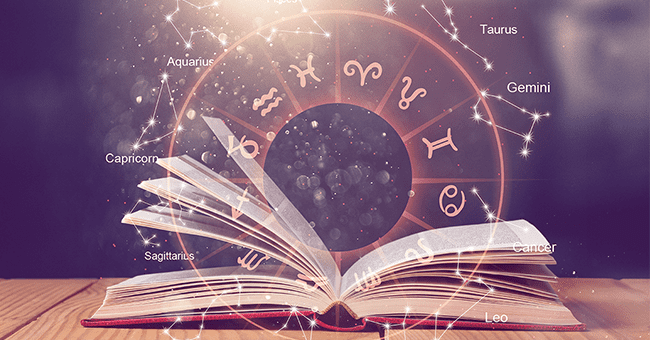
Our Answers To Uncomfortable Questions About Astrology
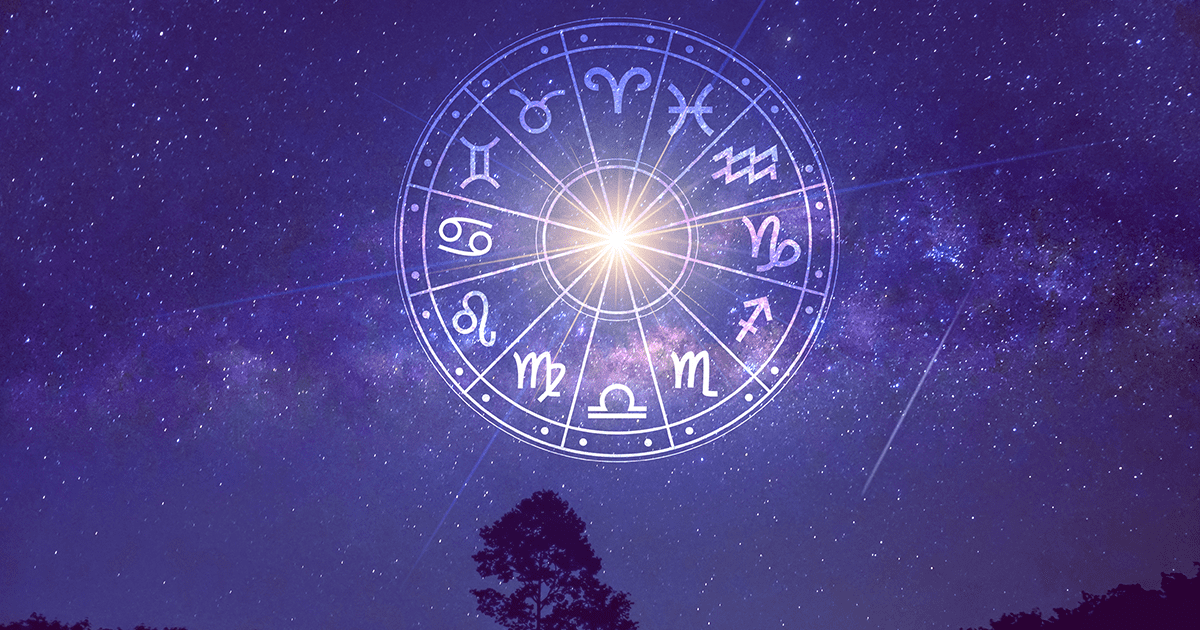
Understanding astrology and its meaning | Photo: Courtesy of Nebula
Astrology is now at the peak of its popularity. It penetrates everywhere: from TikTok trends to Spotify. For somebody, it is just about fun; for others – about self-reflection. Rain or shine, few people stay indifferent.
That is why we appealed to Yana Yanovich – a professional with two decades of experience and a top astrologer of Nebula.
Is Astrology a Science?
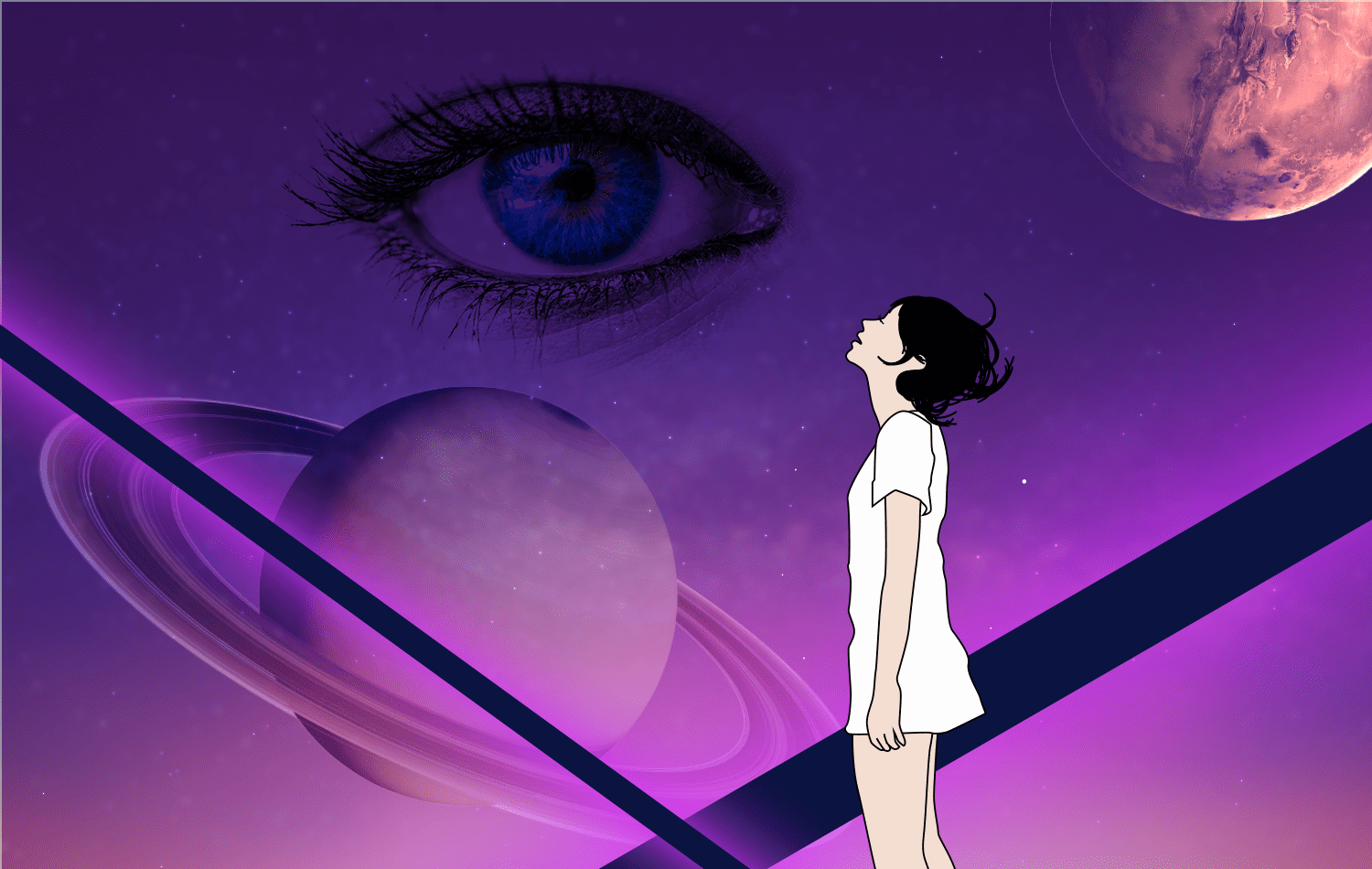
Interpreting the basics of astronomy | Photo: Courtesy of Nebula
One of the main arguments against astrology which is often used by those who oppose it, is that astrology is not a science. However, this is something that many practicing astrologers agree with. Surprising, right? You see, science is often about measuring and studying objects, and this is what astronomy does.
A good astrologer is also familiar with the basics of astronomy. After all, how can you interpret planetary positions without understanding their movements and cycles? But since astronomy and astrology parted their ways in the 1800s, the measuring and studying of physical properties of the planets are left to the guys with telescopes. Astrologers use the empirical knowledge obtained by the ancient stargazers to interpret the meaning.
Thus, astrology is not a science but rather a system of knowledge. For some (like myself), it is also a language. Note how the term "interpret" is used quite often in connection with horoscopes and Natal charts.
How Can Astrology Be Used?
Quite often, people expect astrology to reveal their destiny which is "set in stone," some fated events in their future which are bound to happen. However, Modern Western astrology practices a much more proactive approach, thus becoming a guide, a tool of analysis and forecast which helps to navigate your life more effectively and make informed decisions with a higher level of certainty.
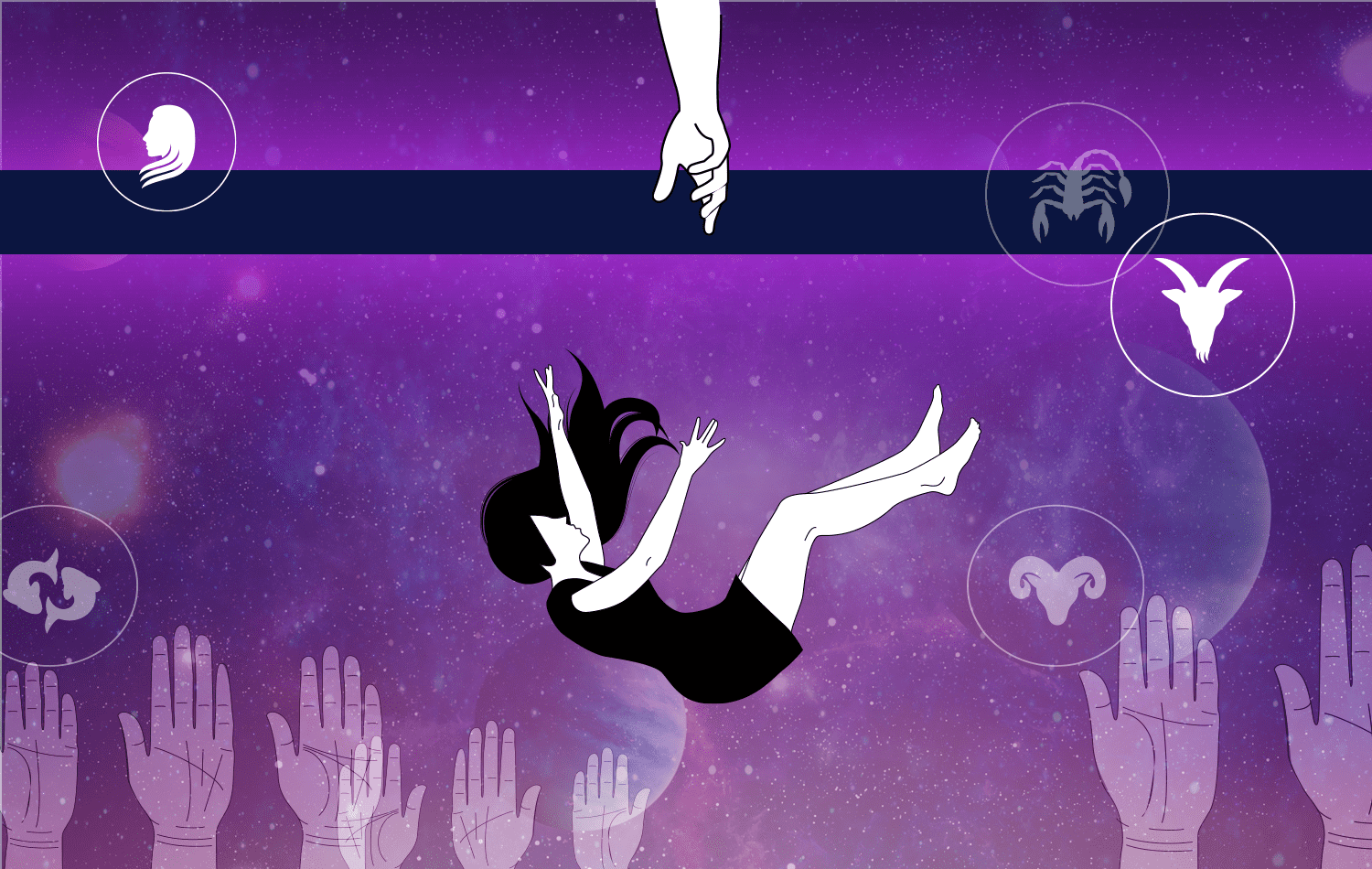
Astrology empowers and improves the quality of life | Photo: Courtesy of Nebula
In this, astrology empowers people, giving them more control over their life and a better understanding of their place in this world and the course of action they can take to improve their quality of life. This improvement can be made in many spheres: a romantic relationship, work and career, a relationship with your family and friends, and even personal growth.
What Types of Astrology Exist?
There are two main divisions in Modern astrology according to the function: Predictive and Natal.
Predictive astrology has multiple tools that focus on calculating the timing of a future event and its probability in general. For example, before we can determine when marriage will take place, we need to understand if it is likely to happen at all. Another popular question in consultations is about having children, and this is where the proactive approach I have mentioned above comes in. In the past, a woman, once married, didn't have much choice or say in the matter. Thus every time the prognostic chart indicated a favorable planetary influence, she would get pregnant and have a baby.
Nowadays, a woman has much more control over her body. Thus, astrology can help indicate periods when a pregnancy is most likely and favorable, but the ultimate decision is left to the individual.
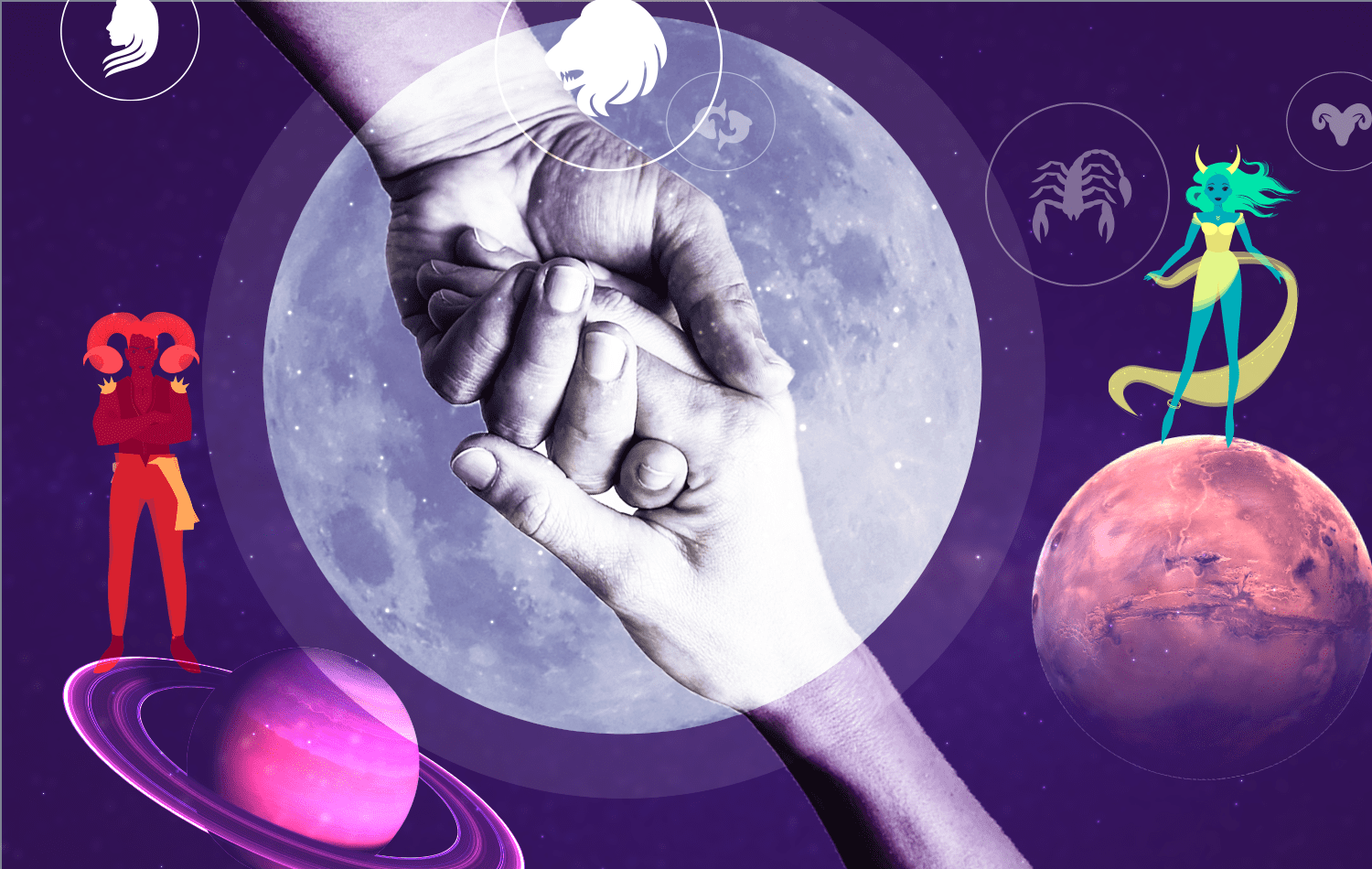
The psychological approach to astrology | Photo: Courtesy of Nebula
The second branch is Natal astrology. Astrological chart analysis of a person's Natal Chart allows one to understand better their specific personality traits and the underlying motivations of their actions, which leads to a more harmonious interaction with that person.
Similarly, a deeper understanding of your personality and reasons for specific reactions or actions helps you accept yourself and work on personal improvement by focusing on the issues revealed and explained in your Natal Chart. This psychological approach to astrology is a relatively recent one as astrologers of the past were much more concerned with external events than internal conflicts and complexes.
Carl Gustav Jung, who studied and practiced astrology for a large portion of his life, influenced this direction's appearance by constantly applying astrology methods to psychology. For instance, the creation of 12 archetypes was influenced by the 12 zodiac signs. He then used Natal chart analysis in working with his patients.
What Is a Natal Chart?
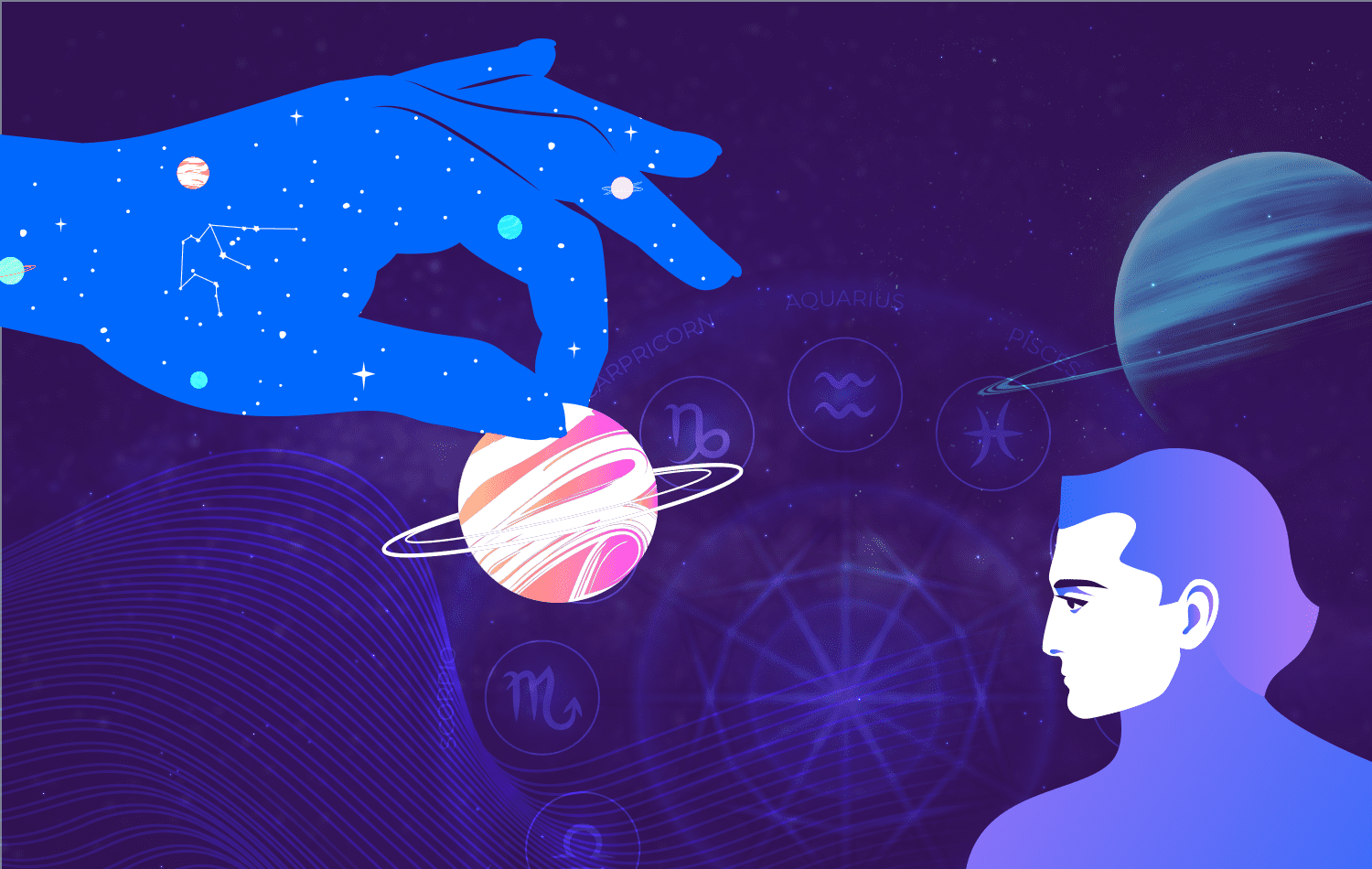
Astrology and Natal Chart | Photo: Courtesy of Nebula
By now, I have mentioned the Natal chart several times. If you're not familiar with this term yet, it is probably time to explain: Natal chart is a diagram of the positions of the main planets used in astrology during the time of birth of each individual. When talking about Zodiac signs, many people refer to just one - the Sun sign, which is the position of the Sun at the moment of birth. The Sun moves along the Zodiac circle in a familiar cycle to all of us - our calendar is based on this movement.
But the Sun in serious astrology shows only one fragment of an individual's character. This is why people often feel disconnected from the energy that is supposed to be indicated by the sign. They read the description of, say, Taurus and find very little they resonate with. In most cases, the Natal chart reveals the reason where another energy is more dominant. In astrology, there are five personal planets (the Sun, the Moon, Mercury, Venus, and Mars), two social planets (Jupiter and Saturn), and three-generational (also called "outer") planets (Uranus, Neptune, and Pluto). They can be placed in different Zodiac signs, emphasizing one or the other, while there is also a difference in placements in the chart, which affects the planet's power.
Before it gets too complicated, I'll give you an example: a friend of mine was born December 17, 1985 (by the way, the year makes a difference as other planets' movement cycles are not the same as the Sun's). So she has five planets in Sagittarius, including her Sun. She strongly identifies with this energy. Someone who was born just six days later, on December 23, is labeled as Capricorn according to the Sun-sign astrology but still has four planets in Sagittarius. With 2 of them being personal planets (Mercury and Venus), this person is very likely to feel split when reading Zodiac signs characteristics. While part of their energy is Capricornian, there is still some Sag in them.
Thus, identifying people only by their Sun sign doesn't help give or get much information, as it is a very general division. Somewhat similar to dividing people into introverts and extroverts. I mean, sure, it will give you some idea about what they're like. How about dividing people into early birds and night owls? Let's add this one in as a new layer of analysis. We have four groups (early rising extraverts and extraverts who sleep in and the same for the introverts). As we keep adding in levels and aspects of personality analysis (optimist and pessimist, physicist and lyricist, cat person and dog person, Hawaiian pizza lover and hater, etc.), we get a much more intricate and detailed description of one person. Now apply this to astrology: 10 planets + 12 Zodiac signs +12 houses of the horoscope. You do the math. I'm too scared of such big numbers, LOL!
How to Start Studying Astrology?
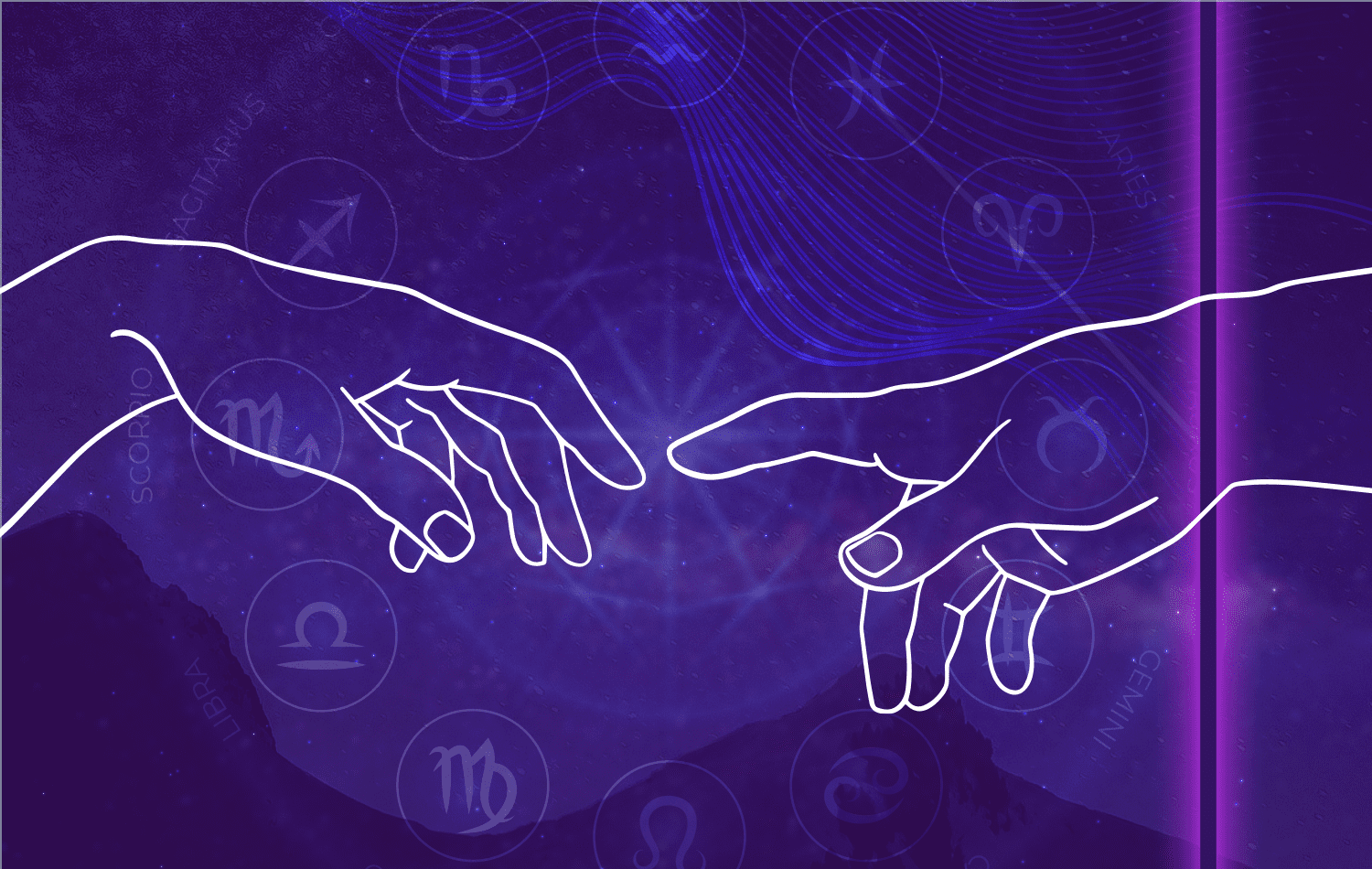
Newcomers in astrology | Photo: Courtesy of Nebula
Speaking of being scared - a newcomer in astrology is familiar with this feeling and the feeling of being overwhelmed by the amount of information. The thoughts "I can't understand anything" or "I'll never learn all this stuff" are bound to appear in your head at some point in time. This scenario occurs when you decide to go further than the popular but erroneous judgment of a character or compatibility based on the Sun sign.
My advice is to approach this as you would approach learning a language. After all, astrology is a language—the language of the stars. Start with the basics and proceed slowly. In language learning, we start with the alphabet. In astrology, letters are planets and signs. Learn their order and meanings, then practice combining. For example, Venus shows what we love and how we love. In the decisive and enthusiastic sign of Aries, Venus loves the thrill of a new experience (including a new romance) and jumps into one headfirst. Venus in mild and timid Cancer is very different and loves quiet comfort, expressing its love by nurturing and caring for the other.
Another piece of advice is to be wary of myths and misconceptions. In the digital age, the amount of information out there is astounding. Still, a large portion of it is distorted by a perpetual game of telephone in which the original information is rewritten by others who may misunderstand it in the best-case scenario. The worst-case scenario is when this information is changed deliberately because it looks "cooler" or more mysterious.
This brings me to another popular myth. Astrology is not magic, and it has nothing to do with paranormal or psychic activity. Astrologers do not pass messages from the deceased or the spirits. Astrologers are focused on the current life, foreseeing future events, and gaining a better understanding of the current situation. In addition, astrology does not tell you what to do or make a decision for you. If you ever see the information presented this way, know that this is a decision made by the astrologer behind the words, not by the stars. The ethical side of such action is a topic for another article. For now, I'll leave you with another explanation of what astrology is and how it works:
Astrology is a tool of analysis. Just like any other tool, its application and benefits of its use depend on the person handling this tool.
